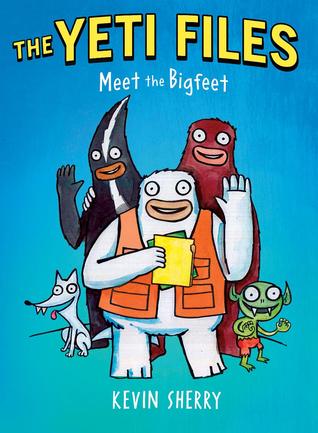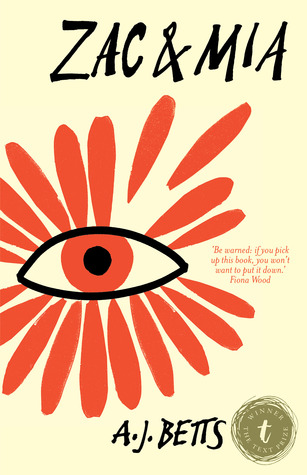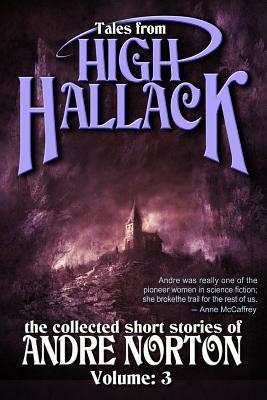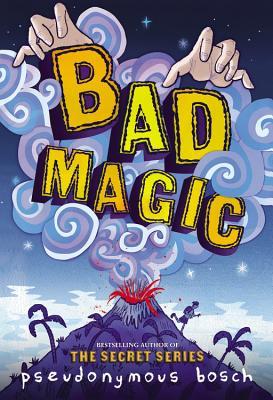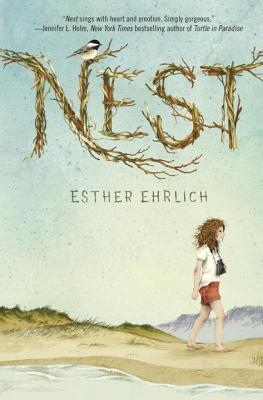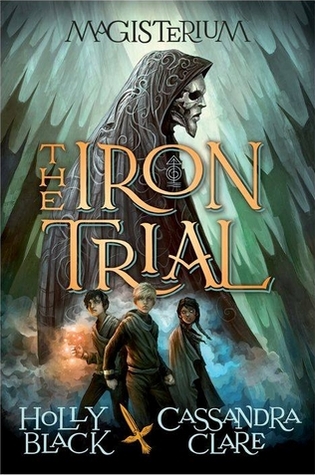For most of us, Hogwarts is what comes to mind when we hear "school of wizardry." in any context. Well, this ain't Hogwarts. No soaring towers, no beautiful windows, no whomping willow (imagine a school for wizards without one). Instead there are miles of underground tunnels, eyeless fish in underground lakes, meals of mushrooms and lichen, and the threat of war hanging over it all. Okay, yeah, that last bit does sound like the whole conflict with Voldemort. But when the author of
The Spiderwick Chronicles teams up with the author of
The Mortal Instruments, you know the story will not be some pale imitation.
The Magisterium is a school to train young people with magical powers. The first year is called the Iron Year (hence the name of the book). Potential students are contacted and they gather to take entrance exams. Those with the best potential are taken to be taught how to use and control their powers. Callum Hunt has heard of the Magisterium; his parents were students there. But his father has told him it is a terrible place and that the masters are only interested in power and are willing to throw their students' lives away in their battles with the enemy. Mr. Hunt doesn't want Call to be selected and it looks as if he won't be. When the exam scores are posted, Call is actually the lowest ranked - with a negative score. Yet he is still chosen to be the apprentice of the most powerful master at the school. Over the course of the year Call gets to know his fellow apprentices, has lessons that are really boring and some that are very entertaining, learns to actually enjoy meals of strangely colored lichen, and starts to feel as if he might like to stay at the school.
The way human brains organize information, we really can't help but make comparisons to things that are already familiar as we try to assimilate something new. So drawing parallels between this book and
Harry Potter and the Sorcerer's Stone is natural. And there are many similarities - the three apprentices who become friends (2 boys and 1 really smart girl), a student who is almost as snarky as Draco, Chaos-ridden wolves instead of a three-headed dog, an enemy from a previous generation who is still lurking out there, a parent who died in the last war with the enemy, and a child who survived the battle are just a few of the commonalities. But they are different enough in presentation and details to keep them interesting.
I am curious how the series will continue to tell its own story and differentiate itself from the world of Harry and Hogwarts.
I read an e-book provided by the publisher through NetGalley.
Update: We just added a copy of this to the library through our spring book fair.



